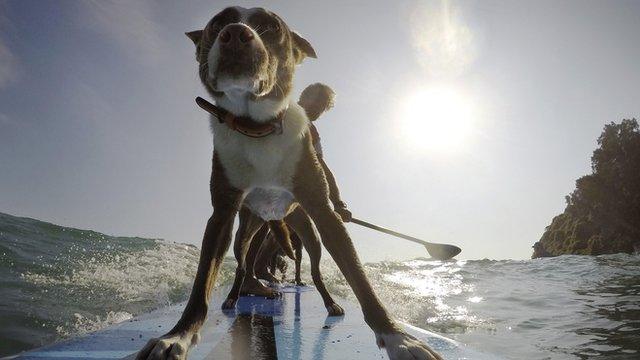Little girl's stolen puppy returned by thieves
- Published
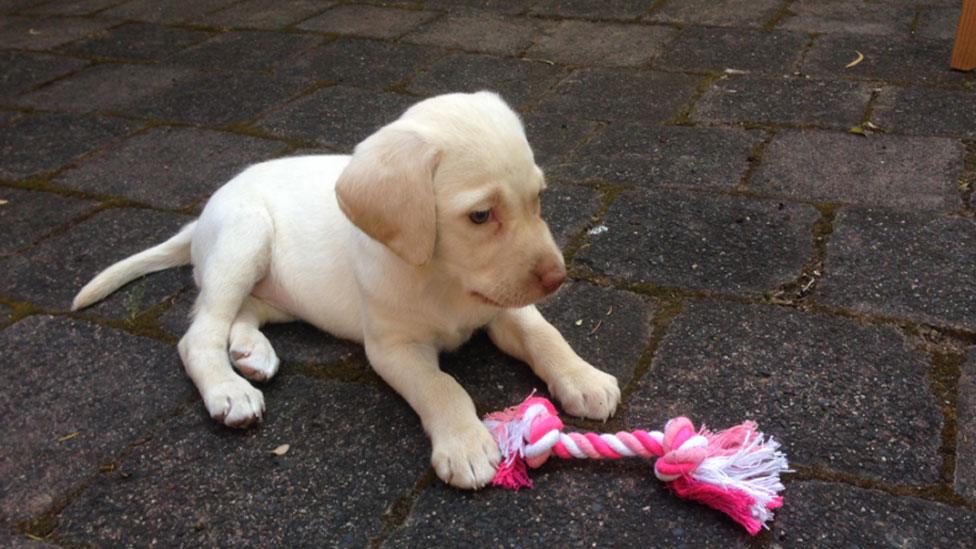
Sasha the Labrador pup made news headlines when she was stolen alongside some valuables
A little girl's puppy has been reunited with her family, seemingly returned by the same thieves who stole her.
Sasha, an eight-week-old Labrador, was taken during a burglary in Melbourne on Monday morning - along with a laptop, an iPad, and some jewellery.
The family told Australian news outlets they were "devastated" at the loss of four-year-old Maia's "best friend".
But on Thursday, Sasha was discovered in the garden, after the thieves apparently had a change of heart.
The puppy, who the owners said had a medical condition that needed attention, had only been part of the family for a week when she was taken.
Allow X content?
This article contains content provided by X. We ask for your permission before anything is loaded, as they may be using cookies and other technologies. You may want to read X’s cookie policy, external and privacy policy, external before accepting. To view this content choose ‘accept and continue’.
One of her owners, Ryan Hood, spoke to Australian news alongside a tearful Maia, appealing for information to track Sasha down.
The story made national news in Australia before the puppy was found on Thursday morning.
"We didn't want to get our hopes up. And then this morning, my wife got up to make herself a coffee, walked past the sliding door, and noticed that there was a figure moving by the kennel," he told Australia's Today morning programme.
"We think that whoever took her has either has a conscience or got scared and just dropped her over the fence ... we don't care to be honest, we're just glad to have her back."
He added that Sasha seemed to have developed a "fascination for shoes" during her absence, but was in good health.
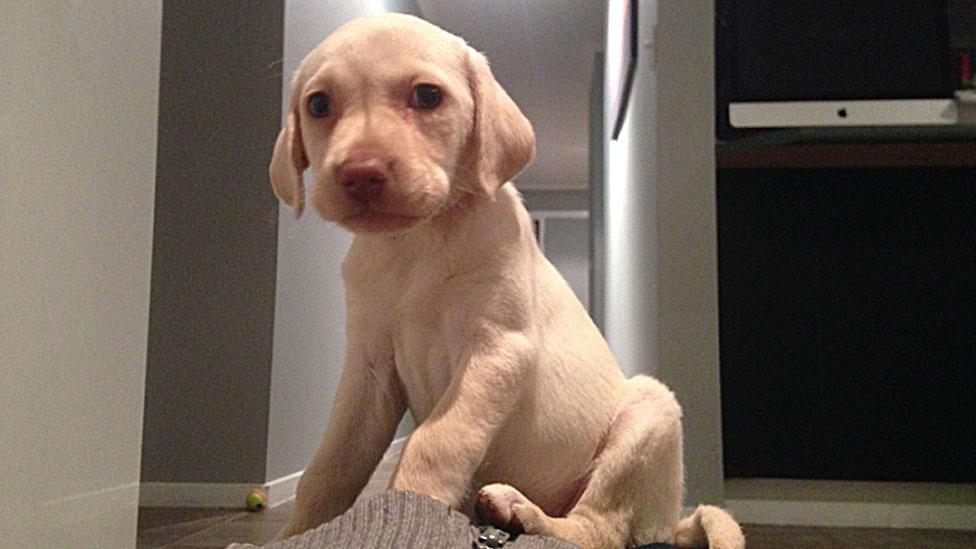
The puppy had been microchipped, and the thieves' goal was not clear
Victoria Police, who had appealed for information, said that while the family celebrates, the burglary investigation continues.
The other stolen items are still missing.
Senior Constable Adam Leggo told Australia's ABC news that stealing the dog was probably unplanned.
"It's a bit of a strange one. It's difficult to understand what they were thinking," he said.
Allow Facebook content?
This article contains content provided by Facebook. We ask for your permission before anything is loaded, as they may be using cookies and other technologies. You may want to read Meta’s Facebook cookie policy, external and privacy policy, external before accepting. To view this content choose ‘accept and continue’.
- Published8 June 2017
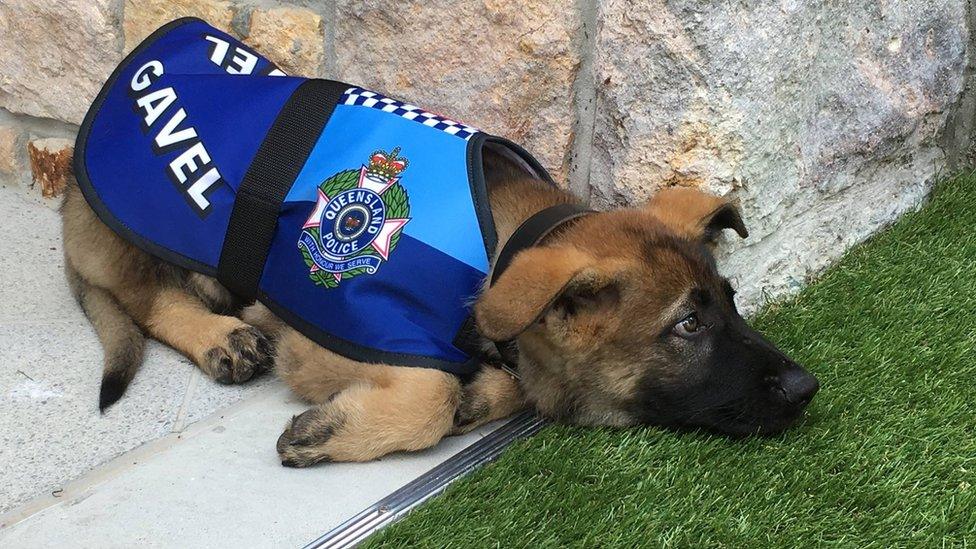
- Published11 October 2017
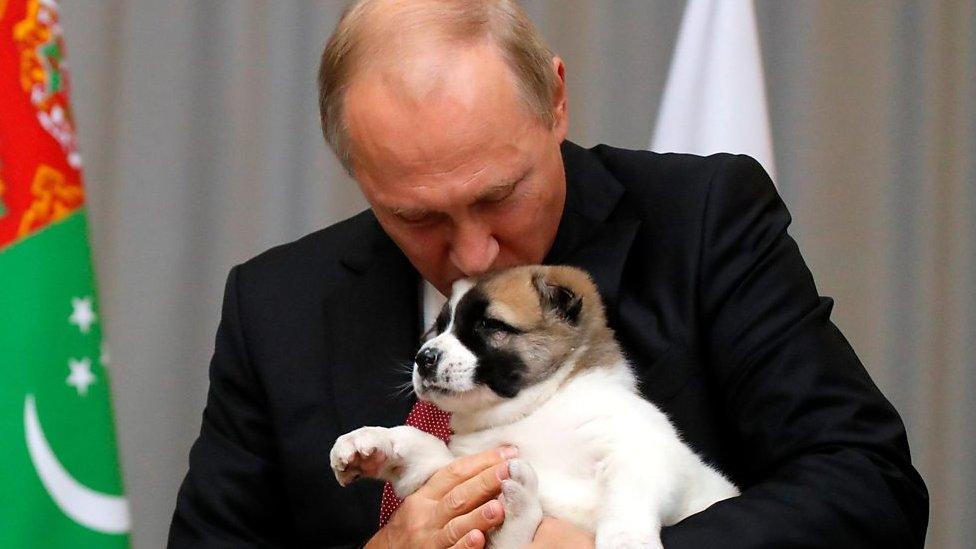
- Published7 March 2016
